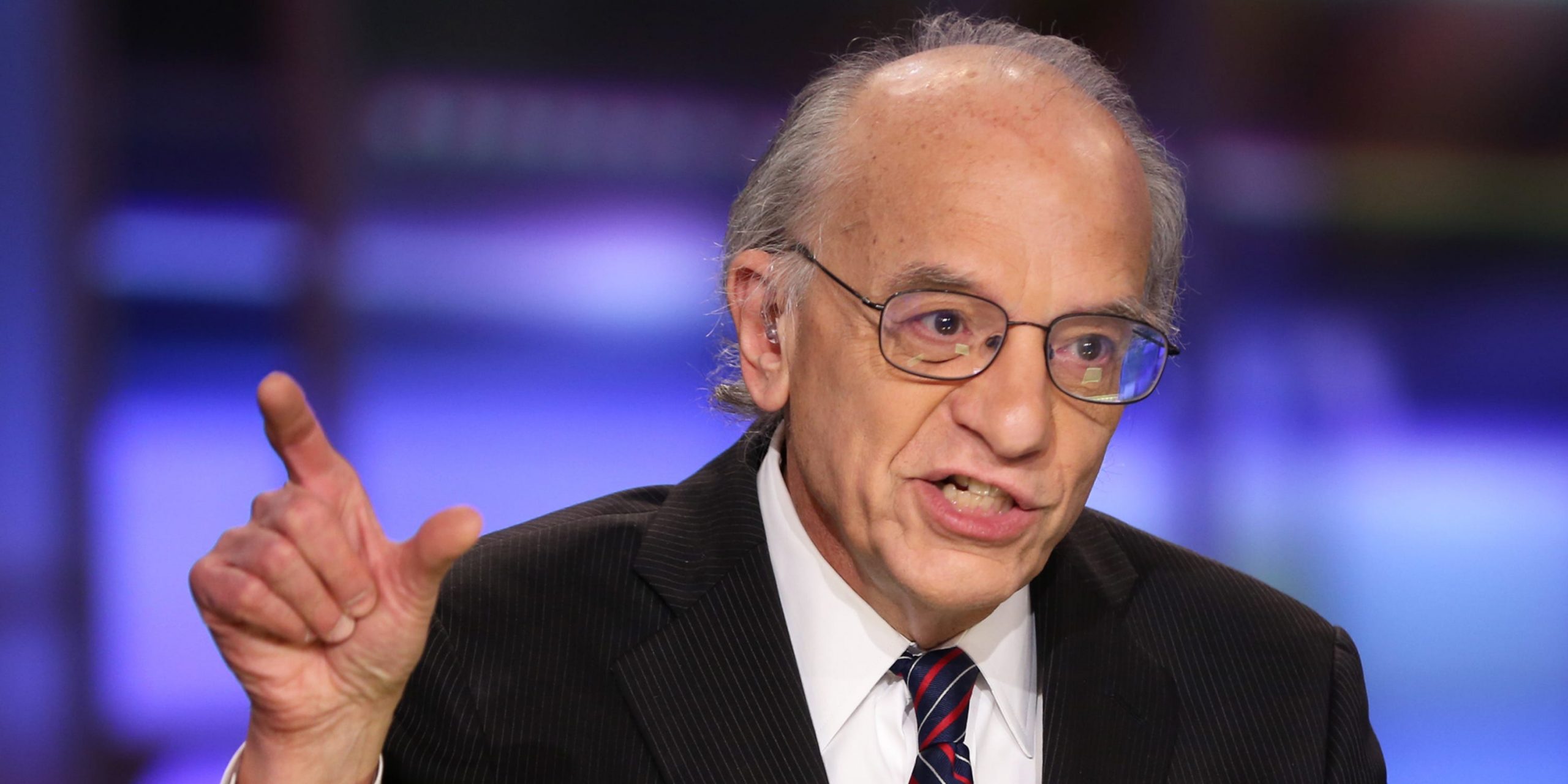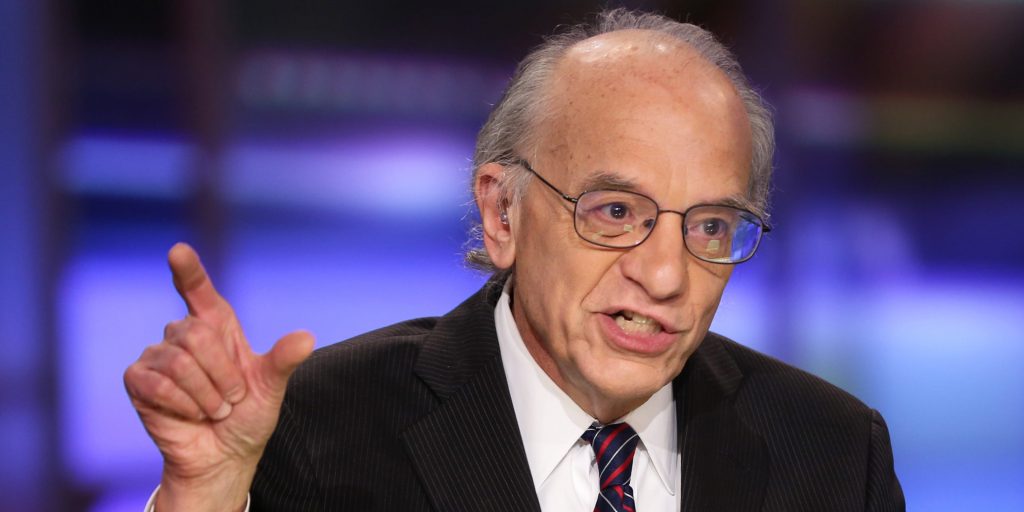
Scott Mlyn/CNBC/NBCU Photo Bank/NBCUniversal via Getty Images
- Wharton finance professor Jeremy Siegel said he does not think the Fed's inflation outlook is "credible."
- This is why he thinks the central bank risks scaling back its monetary policy too soon.
- Doing so, he said in a CNBC interview, will shock the stock market in early 2022.
- Sign up here for our daily newsletter, 10 Things Before the Opening Bell.
Wharton finance professor Jeremy Siegel said he does not think the Federal Reserve's inflation outlook is "credible," and believes the central bank risks scaling back its monetary policy sooner than expected.
This, he told CNBC Friday, will shock the stock market in early 2022.
"I look at these inflation forecasts that the Fed put, I don't find them credible at all," he said, referring to the central bank's 4.2% target this year and its 2.2% target next year. "We're going to have much more inflation."
He continued: "When you see worse inflation, the Fed is going to be pressured and that's going to disturb the market and that's down the line."
Siegel added the US economy can expect "a couple more" bad consumer price index reports towards the end of the year. But in the next two months, he said "the road looks clear" since the Fed will be continuing with its program.
"Powell opened the door saying, if things get worse, we will have to taper faster,' Siegel told CNBC. "If that happens toward the end of the year, that would rattle the market."
Siegel also called on the central bank to be more aggressive in containing inflation. He did note that there is not much the Fed can do when it comes to controlling rising prices. Attempting to do so, he noted, will "trouble" the market and the economy.
"I worry actually about an overreaction. Because a lot of that inflation that we're going to have, I think it's already there in the pipeline," Siegel told CNBC. "The Fed can't really do anything about it."
The outlook from the Federal Open Market Committee meeting that concluded on Wednesday indicated that tapering asset purchases may "soon be warranted." Half of the Fed officials expect the first rate hike to arrive by next year.

